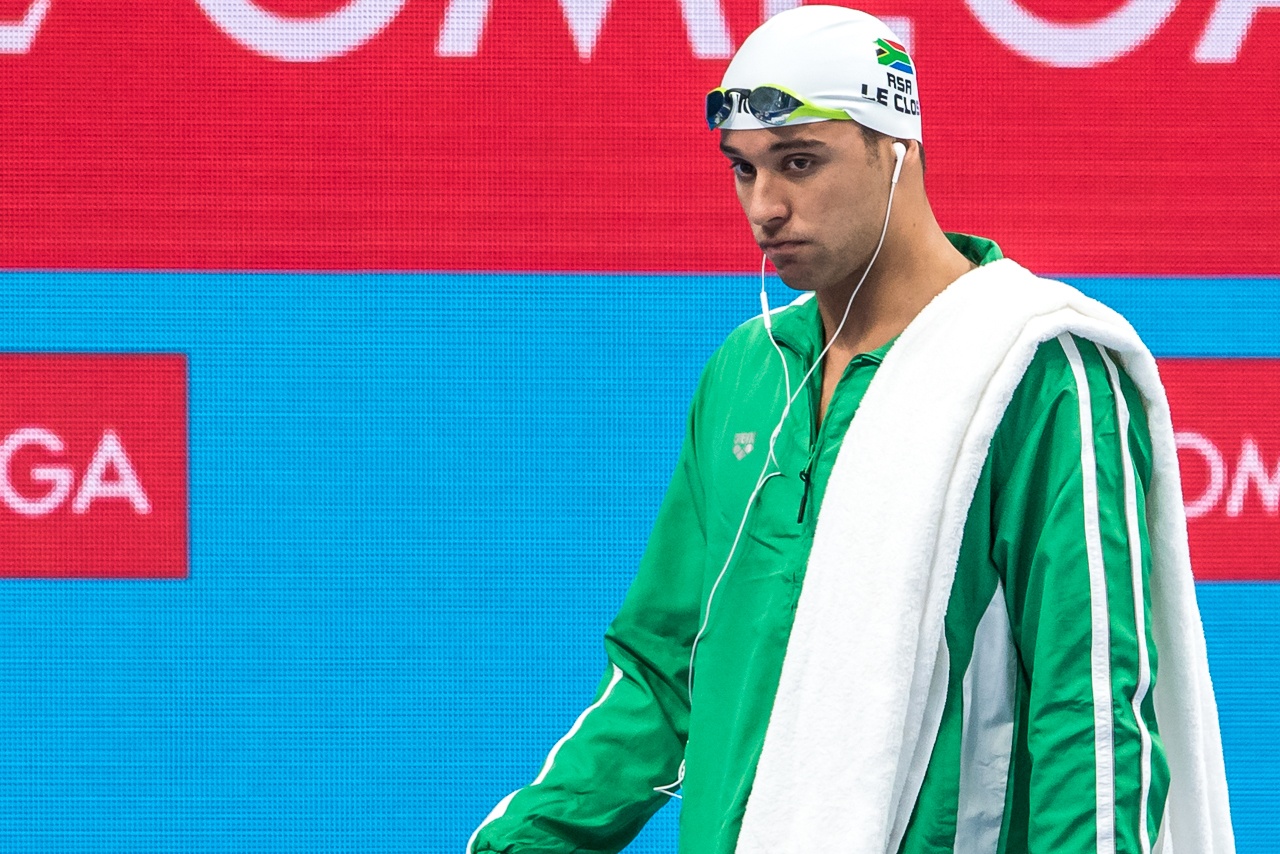2019 FINA WORLD AQUATICS CHAMPIONSHIPS
At the 2012 Olympics in London, Chad Le Clos pulled off arguably the biggest upset of the competition by defeating Michael Phelps and delaying his chance to become the first swimmer to win three consecutive golds in a single event at the Games.
After pulling that off at just 20 years of age, he began what was expected to be a long reign as the best male butterflier in the world.
He swept the 100 and 200 fly at the 2013 World Championships in Barcelona, picked up gold and silver respectively in the two events in Kazan, and then faced off head-to-head with Phelps once again in Rio.
The winningest Olympian in history got his revenge on the South African in 2016, claiming the 200 fly, and the two had a somewhat poetic tie along with Laszlo Cseh for silver in the 100.
At the 2017 Championships in Budapest, the 27-year-old reclaimed his World crown in the 200 fly, but failed to advance out of the semis in the 100.
Winning that 100m event was American Caeleb Dressel, who became just the third man in history to go under 50 seconds and the first to do so in a textile suit.
Le Clos’ best time (50.56) is a full seven-tenths slower than what Dressel went (49.86).
The 22-year-old Florida native was the fastest man in the world once again last year, despite being relatively off his best times, and appears to be well on his way to defending his World title after recording the fastest relay split in history in the mixed medley (49.33).
With Dressel likely taking the reigns in the 100, Le Clos remained a serious threat for gold in the 200 fly.
Hungarian Kristof Milak proved he could go sub-1:53 in the event last year, something only Phelps, Le Clos and Cseh had been able to do outside of the super-suit era, which made him the biggest threat to the South African heading into Gwangju.
In the 200 fly final on day four of the World Championships, Milak thoroughly shut down the idea of any supposed showdown between the two, dominating Le Clos over the back half to win in a new world record of 1:50.73.
In the blink of an eye, Phelps’ 10-year-old mark was gone, and Milak was all of a sudden over two seconds faster than Le Clos has ever been (he also hasn’t gone a best time since London, where he went 1:52.96).
The emergence of Dressel in the 100 and Milak in the 200 may mean Le Clos’ window to win gold medals on the major international scene (Olympics and LC World Championships) is closing. They are two exceptional talents that haven’t even entered their prime yet (Milak is only 19), and Le Clos has still only broken 51 seconds twice and 1:53 once.
However, the story from Gwangju isn’t over yet.
The 100 fly preliminaries will get underway on day six, where Le Clos will begin his journey to take back the title he won in 2013 and 2015.
MEDAL TABLE
| Rank | Nation | Gold | Silver | Bronze | Total |
| 1 | 0 | 0 | 1 | 1 |
AFRICAN RECORDS ON DAY FOUR
- Continental: mixed 400 medley relay – South Africa, 3:49.90
- Swazi: women’s 50 back – Robyn Young, 33.54
- Namibian: men’s 100 free – Xander Skinner, 50.44
- Zimbabwean: men’s 100 free – Peter Wetzlar, 50.50
- Libyan: men’s 100 free – Audai Hassouna, 52.34
- Ugandan: men’s 100 free – Atuhaire Ambala, 53.89
- Cameroonian: men’s 100 free – Puch Hem, 56.77
- Burkinabe: men’s 100 free – Adama Ouedraogo, 58.27
- Algerian: men’s 200 IM – Jaouad Syoud, 2:01.76
- Namibian: men’s 200 IM – Ronan Wantenaar, 2:09.02
- Ghanaian: women’s 200 fly – Zaira Forson, 2:39.20
- Malagasy: mixed 400 medley relay, 4:18.34
- Papua New Guinean: mixed 400 medley relay, 4:18.99
- Ghanian: mixed 400 medley relay, 4:21.40
















